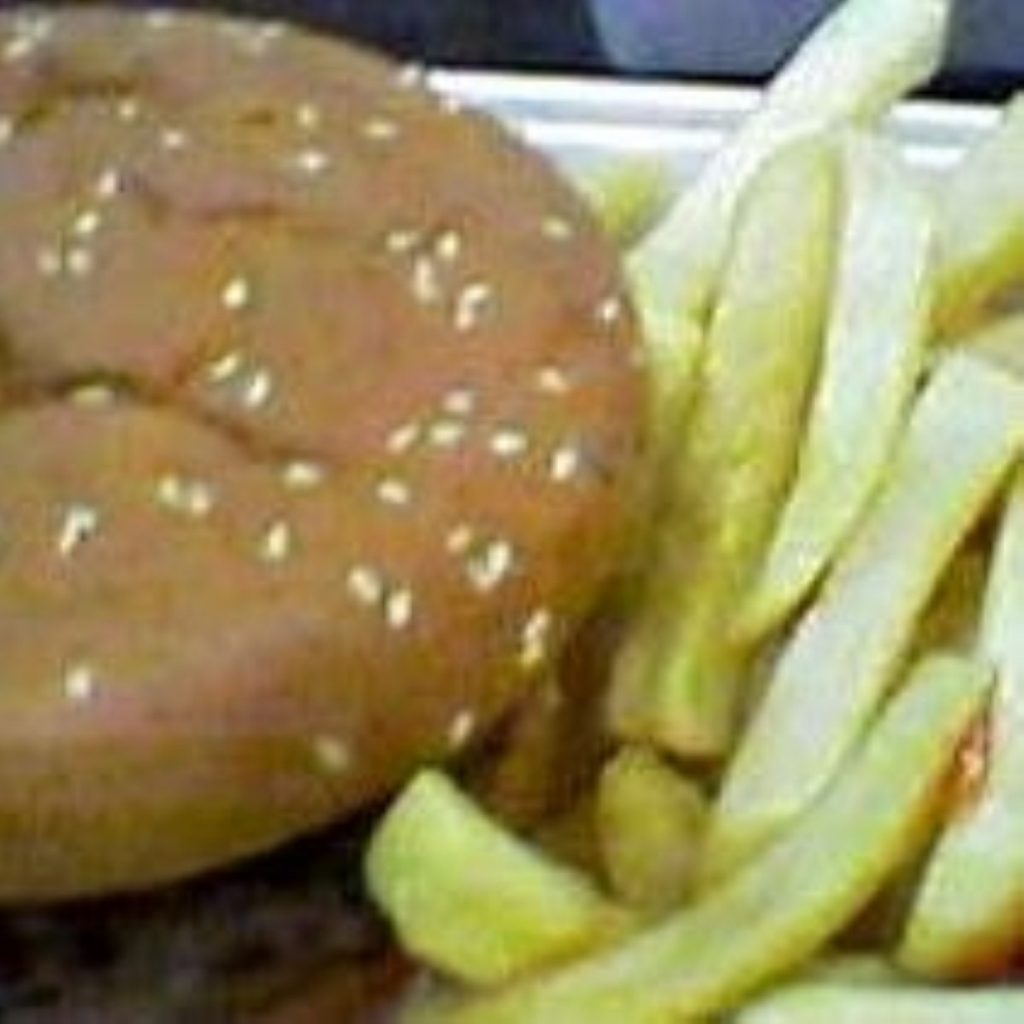Action urged on obesity
In a hard-hitting report the Commons Health Select Committee has called for immediate action to stem the rise in obesity.
They estimate that obesity and weight problems cost the UK £7.4 billion a year, a figure they warn will rapidly rise.
Citing the health consequences of obesity, including links with heart disease and cancer, chairman David Hinchliffe said: “Wholesale cultural and societal changes will be needed if any headway is to be made.”
“Our inquiry is a wake-up call for Government to show that the causes of ill health need to be tackled by many Departments not just Health.


“It is simply unacceptable that sports and education ministers should have endorsed initiatives to supply schools with sporting equipment or books but which required children to buy Cadbury’s chocolate or Walker’s crisps.
“We found a total lack of joined up solutions at present.”
The Health Select Committee recommends the establishment of a Cabinet level public health committee to oversee a cross departmental approach.
Responding to the report, Health Secretary John Reid said: “We share the committee’s concern about the seriousness of the health impact of obesity.
“It is one of the key issues which will be addressed in our White Paper on Public Health later this year.”
But Dr Reid rejected criticisms about the Government’s approach, saying: “However, we at the Department of Health are already working closely with colleagues across Government including Education, Culture, Media and Sport, Transport, the Office of the Deputy Prime Minister and the Food Standards Agency, to encourage and enable people to eat more nutritious food and take more exercise.”
Addressing childhood obesity, the committee welcomed increases in Government funding to schools but expressed deep concerns about the low levels of physical activity amongst children.
It recommended that Ofsted should assess provision for physical activity in schools in their inspections.
Schools should also monitor their pupils weight and facilitate annual obesity screenings in conjunction with NHS services, the report says.
The food industry comes in for scathing criticism too, for its “relentless targeting of children through intense advertising and promotional campaigns, some of which explicitly aim to circumvent parental control by exploiting ‘pester power'”.
The Select Committee calls for the industry to voluntarily withdraw television advertising of unhealthy food aimed at children and to “introduce healthy pricing strategies to make healthy choices affordable for all.”
The committee warns though that if sufficient action has not been taken within three years, “the Government will need to introduce more direct regulation.”
A spokesman for the Food Advertising Unit, responding to the report, said there is no evidence that such an advertising ban would be effective.
He said: “For example, in Sweden and Quebec, where advertising to children has been banned, levels of obesity are no lower than those in neighbouring countries.”
“The Committee has also not considered the loss of revenue to the media as a result of restrictions on advertising that are likely to lead, for example, to lower quantity and quality of children’s programming.”
A further key recommendation is that the labelling of food should be radically simplified.
In a direct challenge to current Government thinking on obesity, the committee rejects the argument that there are no unhealthy foods, only unhealthy diets.
They call for the Government to recognise the “clear fact that some foods, which are extremely energy-dense, should only be eaten in moderation by most people.”
The committee proposes the adoption of a “traffic light” system to brand foods either red, amber or green based on its energy density. They argue this would make healthy choices simpler for consumers and motivate the industry to re-examine the content of their foods.

